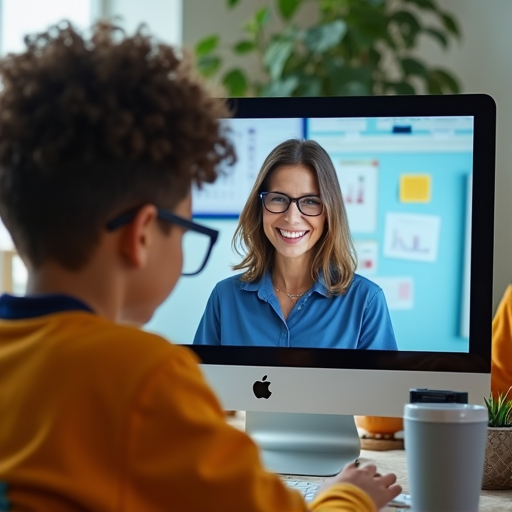
The Rise of Remote Education
Remote education, also known as distance learning, has seen unprecedented growth in recent years, particularly due to the COVID-19 pandemic. With schools forced to close their doors, virtual classrooms became the norm, offering students the ability to continue their education from home. However, as the dust settles, questions arise about the effectiveness of this model, especially for primary education.
Long-Term Studies on Virtual School Outcomes
Research into the long-term outcomes of remote education is still in its early stages, but preliminary findings suggest mixed results. While some students thrive in a self-paced, flexible environment, others struggle with the lack of face-to-face interaction and structured routines. A study by the National Bureau of Economic Research found that students in virtual schools performed significantly worse in math and reading compared to their peers in traditional settings.
Challenges in Primary Education
Primary school students face unique challenges in remote learning environments. Young children often require hands-on guidance and social interaction to develop foundational skills. Without these, educators worry about the potential for long-term gaps in learning. "The absence of in-person instruction has disproportionately affected younger students," says Dr. Emily Carter, an education specialist.
The Role of Technology
Advancements in technology, such as interactive platforms and AI-driven tutoring, aim to bridge these gaps. However, access to reliable internet and devices remains a barrier for many families, exacerbating educational inequalities. Governments and institutions are now investing in infrastructure to ensure equitable access to remote learning tools.
Looking Ahead
As remote education continues to evolve, experts emphasize the need for a hybrid approach that combines the best of both worlds. "The future of education lies in blending online and in-person experiences to cater to diverse learning needs," says Dr. Carter. The lessons learned during the pandemic will undoubtedly shape the future of education for years to come.
